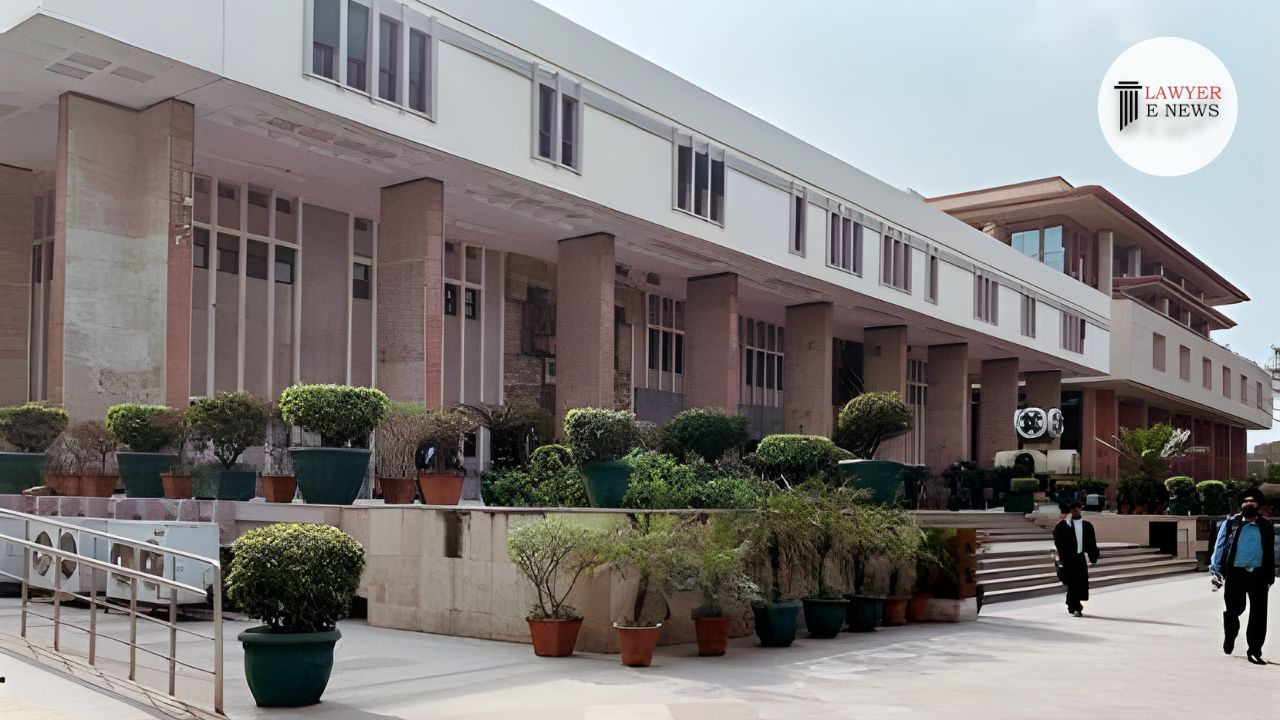-
by Admin
15 February 2026 5:35 AM



The High Court of Delhi has dismissed the bail appeal of Abubacker E., a prominent member of the Popular Front of India (PFI), reaffirming the trial court’s decision. The bench, comprising Justices Suresh Kumar Kait and Manoj Jain, underscored the substantial evidence presented by the National Investigation Agency (NIA), including allegations of radicalizing youth, funding terrorist activities, and advocating for the overthrow of the democratic government of India to establish an Islamic Caliphate by 2047.
The court found the statements of protected witnesses and documentary evidence sufficient to establish a prima facie case against the appellant. “The materials must show the complicity of the accused in the commission of the offence,” noted the court. Witnesses detailed Abubacker’s role in radicalizing and training for jihad, managing funds for terrorist activities, and making inflammatory speeches. The court emphasized the necessity of considering the totality of evidence without a detailed evaluation at the bail stage.
Justice Manoj Jain remarked, “The allegations and averments appearing in the charge-sheet coupled with the statements made by the witnesses, including the protected witnesses, the tone and tenor of the speeches made by the appellant, leave no element of uncertainty in our minds about the fact that the case of the prosecution, with respect to the commission of offences falling under Chapter-IV and Chapter-VI of UAPA, is prima facie true.”
Abubacker’s plea for bail on medical grounds due to Parkinson’s disease and other ailments was also rejected. The court noted previous directions ensuring his treatment in AIIMS with appropriate care. It was observed that there was a lack of cooperation from Abubacker regarding medical treatment. “Adequate directions have already been given by the learned Trial Court in the impugned order,” the court stated.
The court extensively discussed the legal reasoning behind the denial of bail, highlighting the stringent provisions under Section 43D(5) of UAPA. It emphasized that the statutory bar under this section applies to constitutional courts as well. The court stated, “Even High Court would be required to examine whether the bar stood attracted or not.”
The Delhi High Court’s dismissal of the appeal reiterates the judiciary’s commitment to addressing terrorism-related offenses with utmost seriousness. By upholding the denial of bail, the judgment sends a strong message about the legal consequences of involvement in activities aimed at destabilizing the nation. This decision reinforces the legal framework for tackling terrorism and ensures that allegations of such grave nature are thoroughly scrutinized in accordance with the law.
Date of Decision: May 28, 2024
Abubacker E. vs. National Investigation Agency
